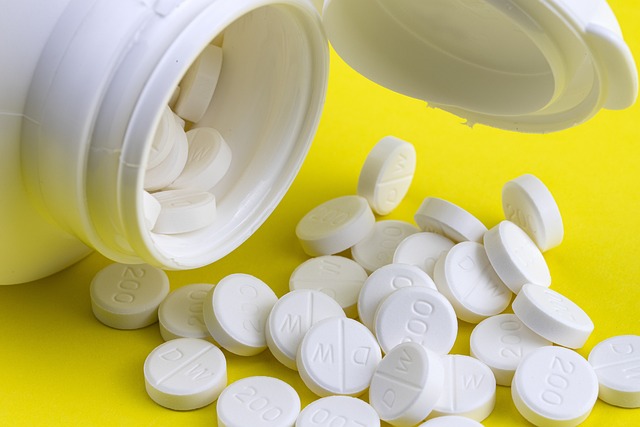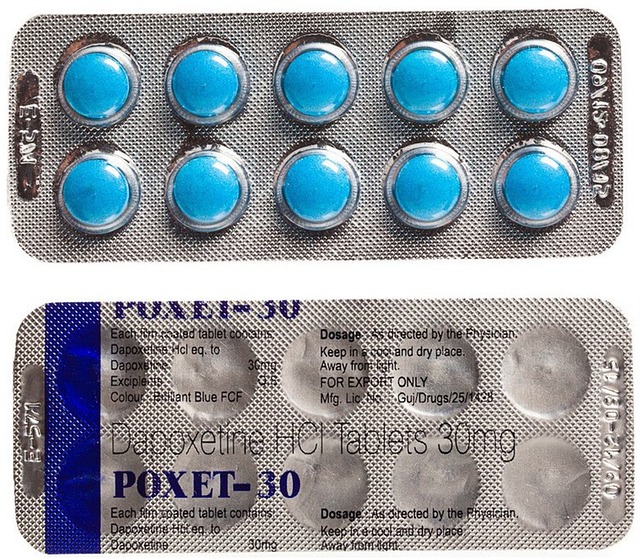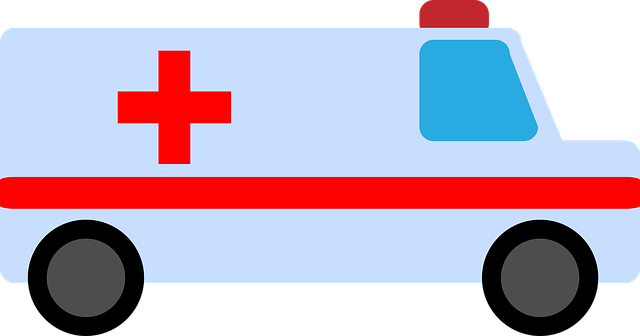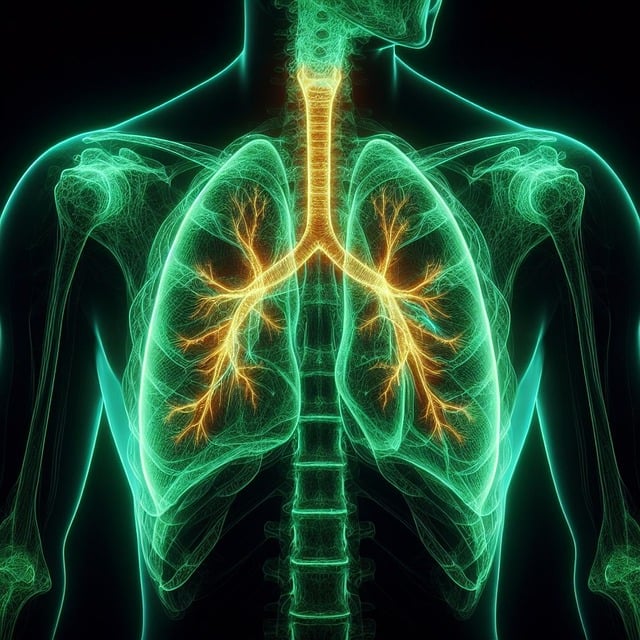Post-operative care in regenerative medicine is a critical phase focusing on monitoring patient recovery and evaluating treatment effectiveness using advanced diagnostic tools. A multidisciplinary team employs sophisticated methods, including stem cell therapy, growth factor injections, and gene therapy, to create environments conducive to cellular repair and regeneration, aiming to enhance clinical outcomes. The integration of telemedicine, personalized care plans, and precision medicine allows for real-time data analysis, enabling healthcare providers to make precise treatment adjustments and improve patient satisfaction. The section emphasizes the transformative impact of predictive analytics and machine learning on postoperative care, highlighting their role in anticipating complications, tailoring recovery plans, and timing interventions with precision. These technologies, combined with cellular therapies and biomaterials, are redefining post-operative treatment by harnessing the body's innate healing capabilities alongside bioengineered solutions, thereby leading to healthier outcomes and shorter hospital stays. The advancements in medicine and technology are pivotal in elevating the standard of postoperative care, offering hope for enhanced recuperation and care, and marking a significant progression in the field.
Post-operative care has evolved significantly with the advent of regenerative medicine, which holds the promise of restoring bodily functions through advanced treatments. This article delves into the critical domain of professional post-op monitoring and regenerative support, highlighting a comprehensive approach to ensuring treatment effectiveness. We explore the integration of cutting-edge technology in postoperative care, its role in enhancing patient recovery and regeneration, and the pivotal importance of multidisciplinary team coordination for achieving optimal outcomes. Furthermore, we examine how personalized rehabilitation protocols are tailored to meet individual patient needs following surgery, setting the stage for a deeper understanding of the future landscape of postoperative care, where predictive analytics and continuous improvement in regenerative support play central roles. Join us as we navigate this transformative field within medicine, where the goal is not just healing, but reshaping the very process of recovery itself.
- Overview of Post-Operative Monitoring in Regenerative Medicine: A Comprehensive Approach to Treatment Effectiveness
- The Role of Advanced Technology in Postoperative Care: Innovations Enhancing Recovery and Regeneration
- Multidisciplinary Team Coordination: Integrating Medical Expertise for Optimal Patient Outcomes
- Personalized Rehabilitation Protocols: Tailoring Treatment to Individual Patient Needs Post-Surgery
- The Future of Postoperative Care: Predictive Analytics and Continuous Improvement in Regenerative Support
Overview of Post-Operative Monitoring in Regenerative Medicine: A Comprehensive Approach to Treatment Effectiveness

Post-operative monitoring within regenerative medicine represents a critical phase that determines the efficacy and safety of treatments. This comprehensive approach involves a multidisciplinary team continuously assessing patient progress, utilizing advanced diagnostic tools to track biological responses and treatment integration. The objective is to ensure optimal conditions for cellular repair and regeneration, thereby enhancing overall clinical outcomes. In this context, monitoring extends beyond the traditional scope, integrating innovative therapies that leverage stem cells, growth factors, and gene therapy with real-time data analysis to tailor interventions specific to individual patient needs. The integration of these technologies is pivotal in the realm of regenerative medicine, as it allows for a nuanced understanding of the treatment’s impact on the body’s natural healing processes, leading to improved medical care and patient satisfaction. Advanced monitoring techniques enable healthcare providers to make informed decisions, adjust treatments accordingly, and ultimately contribute to the advancement of personalized medicine.
The Role of Advanced Technology in Postoperative Care: Innovations Enhancing Recovery and Regeneration

In the field of postoperative care, advanced technology plays a pivotal role in facilitating recovery and promoting regeneration. Innovations such as telemedicine platforms enable real-time monitoring of patients’ progress, allowing for swift intervention and personalized treatment adjustments. These systems not only ensure that healthcare providers can keep a watchful eye on vital signs and symptoms but also support the communication between patients and their care teams, which is paramount for successful healing. Furthermore, the integration of biotechnological advancements like stem cell therapy and regenerative medicine has opened new horizons in treatment efficacy. These treatments harness the body’s natural healing capabilities, leading to faster recovery times and improved outcomes for patients undergoing surgical procedures. The marriage of these technologies with precision medicine tailors interventions to individual genetic profiles, thereby enhancing the quality of postoperative care significantly. As a result, the landscape of postoperative recovery is being reshaped by these technological leaps, offering hope for better health outcomes and shorter hospital stays.
Multidisciplinary Team Coordination: Integrating Medical Expertise for Optimal Patient Outcomes

In the realm of post-operative care, the coordination of a multidisciplinary team is pivotal in achieving optimal patient outcomes. This harmonious collaboration integrates various medical expertise areas, ensuring a comprehensive treatment approach that addresses the multifaceted needs of patients following surgery. The synergy between surgeons, anesthesiologists, physical therapists, and pain management specialists, among others, facilitates a seamless transition from surgical intervention to recovery. Each professional brings their specialized knowledge to the table, which is critical for a patient’s successful rehabilitation and well-being. The integration of these diverse skill sets enables the formulation of personalized care plans that cater to individual patient requirements, thereby enhancing the effectiveness and efficiency of treatment.
The multidisciplinary approach also leverages advancements in medicine to support regenerative processes post-surgery. By employing a combination of cutting-edge therapies, including cellular treatments, growth factors, and biomaterials, healthcare providers can promote tissue repair and restoration. This proactive strategy not only accelerates the recovery process but also reduces the likelihood of complications, ensuring that patients benefit from the most advanced and effective medical interventions available. The coordination within this multidisciplinary team is essential for navigating the complexities of patient care, orchestrating a treatment plan that is both robust and adaptable to the evolving needs of each individual undergoing post-operative monitoring.
Personalized Rehabilitation Protocols: Tailoring Treatment to Individual Patient Needs Post-Surgery

In the realm of postoperative care, personalized rehabilitation protocols play a pivotal role in enhancing patient recovery and outcomes. Tailored treatment plans, meticulously crafted to align with each patient’s unique physiology and condition following surgery, are instrumental in facilitating optimal healing. Advanced diagnostic tools and postoperative assessments enable healthcare professionals to design individualized regimens that consider the patient’s age, health status, and surgical specifics, ensuring that medicine is administered and rehabilitation exercises are prescribed with precision. This personal touch not only accelerates recovery but also minimizes the risk of complications, thereby improving the overall efficacy of treatment.
The integration of cutting-edge technologies and interdisciplinary approaches further refines these protocols. For instance, telemedicine and remote monitoring systems allow for real-time data collection and analysis, providing medical teams with valuable insights into a patient’s progress. This continuous feedback loop ensures that each treatment adjustment is informed by the most current patient health data, leading to more effective and responsive care. As such, personalized rehabilitation protocols are not only a cornerstone of modern medicine but also a testament to its commitment to patient-centric solutions in the aftermath of surgery.
The Future of Postoperative Care: Predictive Analytics and Continuous Improvement in Regenerative Support

In the realm of postoperative care, the integration of predictive analytics stands as a beacon of innovation, promising to revolutionize patient treatment and outcomes. By leveraging advanced algorithms and machine learning techniques, healthcare providers can anticipate potential complications, personalize recovery plans, and optimize interventions with precision timing, thereby enhancing the efficacy of regenerative support measures. This proactive approach not only expedites healing but also minimizes the risk of adverse events, ensuring a more seamless transition from surgery to recovery.
The future of regenerative medicine is further illuminated by the continuous advancement in cellular therapies and biomaterials. These therapies offer a paradigm shift in treating various conditions by harnessing the body’s innate capacity for self-healing, coupled with the precise application of bioengineered scaffolds and stem cells. As research progresses, the potential for these treatments to restore function and form following surgical interventions becomes increasingly tangible, offering hope for patients with chronic or acute injuries. The convergence of cutting-edge medical technologies and data-driven insights is setting the stage for unparalleled advancements in postoperative care, heralding a new era in medicine where recovery is not just supported but enhanced.
In conclusion, the evolution of post-operative monitoring within regenerative medicine represents a significant leap forward in treatment efficacy and patient outcomes. Through the integration of advanced technology, multidisciplinary team coordination, and personalized rehabilitation protocols, the medical field is enhancing recovery and fostering regeneration in ways previously unimaginable. The future of postoperative care promises even greater strides with the implementation of predictive analytics and ongoing advancements in regenerative support. As medicine continues to innovate, the focus remains steadfast on delivering optimal results for patients undergoing surgical interventions, ensuring a more robust and resilient return to health.
